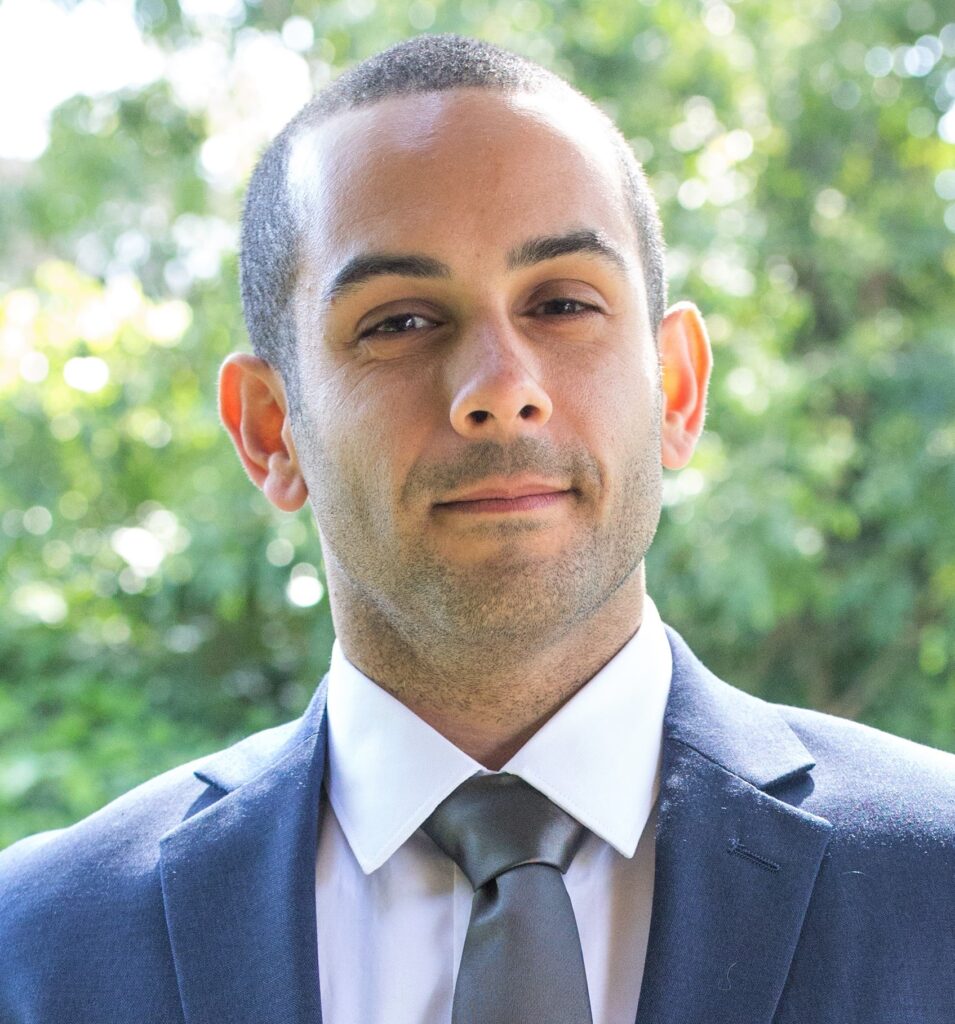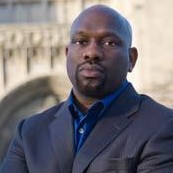Below is a list of academics who have served as expert witnesses and consultants in Rap on Trial cases.

Adam Dunbar is Assistant Professor of Criminal Justice at the University of Nevada, Reno. He earned his B.A. in Psychology and Sociology from the Stanford University and a Ph.D. in Criminology, Law and Society from the University of California, Irvine. He researches the intersection of race/ethnicity and the criminal justice system, focusing specifically on how attitudes about race, culture, and crime can help explain racial disparities in policing and punishment. One set of studies examines how stereotypes about rap music affect evaluations of lyrics and the people that write them.

Bakari Kitwana is an internationally known cultural critic, journalist, activist and political analyst whose commentary on hip-hop, youth culture, and Black political engagement can be heard on a wide range of media outlets. He is CEO of Rap Sessions, an organization that brings hip-hop activists, artists, and scholars to cities across the country. He has published multiple books on rap music and hip-hop culture and also served as an expert witness in multiple cases involving rap lyrics as evidence.

Charis E. Kubrin is Professor of Criminology, Law and Society and (by courtesy) Sociology at the University of California, Irvine. She is co-author or co-editor of 6 books and has published dozens of journal articles, many of which focus on the intersection of music, culture, and social identity, particularly as it applies to hip-hop and youth of color in disadvantaged communities. She is a frequent media contributor whose writing has been featured in the The New York Times, The Los Angeles Times, The Washington Post, Forbes, and CNN. She is co-author of two amicus briefs on rap music that were filed with the U.S. Supreme Court (Elonis v. U.S.; Bell v. Itawamba County School Board), co-author of a legal guide for attorneys involved in rap on trial cases, and has served as an expert witness and consultant in numerous criminal cases involving rap music as evidence of alleged underlying criminal activity. Charis gave a TEDx talk, the Threatening Nature of…Rap Music?, on the use of rap lyrics as evidence in criminal trials. Along with Barbara Seymour Giordano, Charis received a Cicero Speechwriting Award for this talk in the category of “Controversial or Highly Politicized Topic.”

Jooyoung Lee is Associate Professor of Sociology at the University of Toronto. He researches how gun violence transforms the social worlds and health of young Black men in different contexts. His first book, Blowin’ Up: Rap Dreams in South Central (University of Chicago Press, 2016), is a long-term ethnographic study of young Black men growing up in the shadows of gang violence and the entertainment industries in Los Angeles. This book shows how hip-hop culture shields young men from the dangers of gang violence. He has served as an expert witness in cases involving rap music lyrics in Canada.

Erik Nielson is Professor of Liberal Arts at the University of Richmond who has become well known as an expert in the use of rap music as evidence in criminal trials. His book Rap on Trial: Race, Lyrics, and Guilt in America, with co-author Andrea Dennis, was published in November 2019 and received the Hugh Hefner Foundation First Amendment Award in October 2020. Nielson’s research focuses on the relationship between African-American culture and policing, as well as the relationship between hip hop and politics. He has written for the New York Times and other mainstream news outlets on these issues. He was the lead author of three amicus briefs with the US Supreme Court, two of which were jointly submitted with his frequent collaborator, Killer Mike. Nielson and Travis L. Gosa edited The Hip Hop & Obama Reader.

Eithne Quinn is Professor of Cultural and Socio-Legal Studies at the University of Manchester, UK. She researches race and class politics, with a particular focus on popular culture and institutional racism. She is the author of Nuthin’ but a G Thang: The Culture and Commerce of Gangsta Rap (Columbia University Press, 2005) and the lead co-author of the report Compound Injustice: A review of cases involving rap music evidence in England and Wales (2024). She has served as an independent rap expert in UK legal cases for over 15 years and led the research project Prosecuting Rap: Criminal Justice and UK Black Youth Expressive Culture, funded by the Arts & Humanities Research Council.